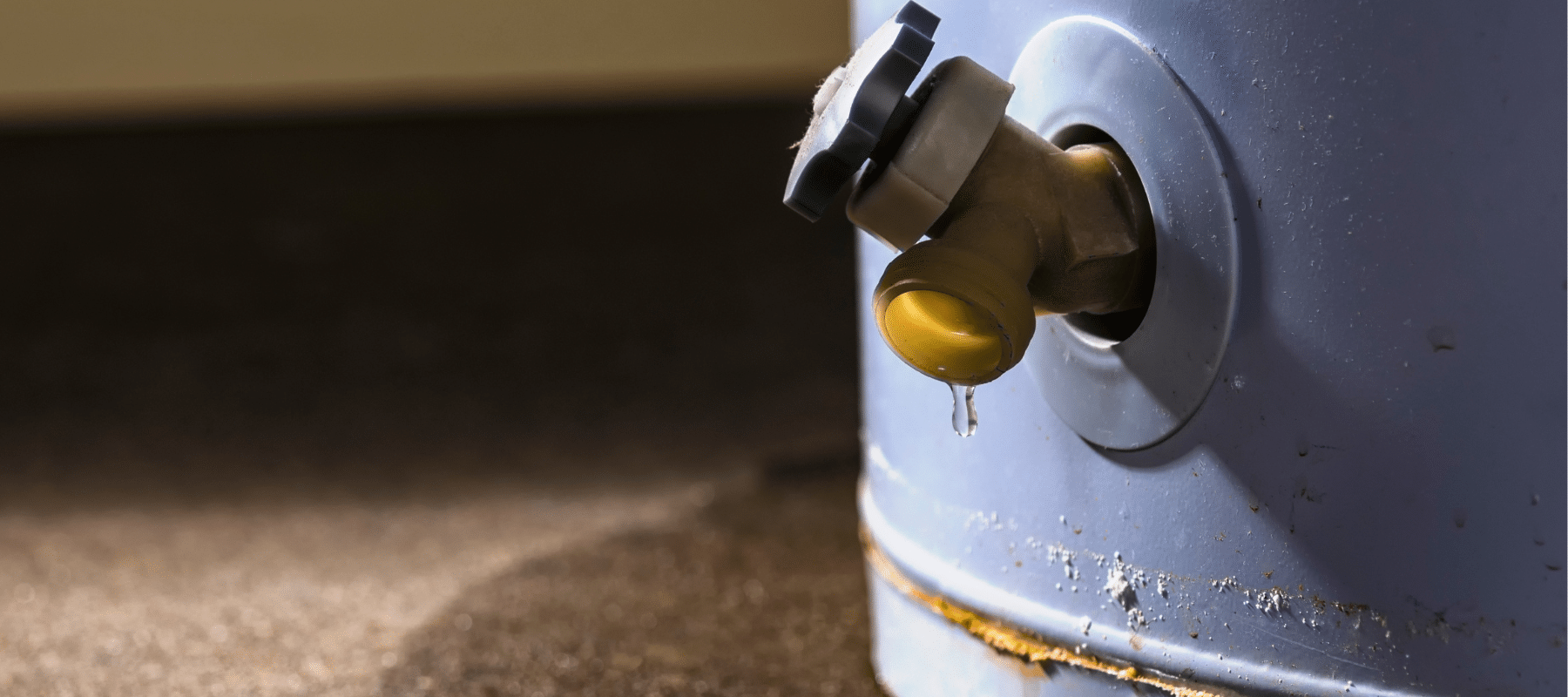Let’s Take A Look At Some Of The Issues That Hard Water Will Bring To Each Of Your Appliances:
Clothes Washers
Many complaints received by service technicians concerning poor washing results can be traced directly to hard water.
Minerals interfere with the cleaning action of soaps and detergents. As a result, larger amounts of cleaning agents are needed to counteract the hard water, and even then, laundry results are not as effective as in soft water. The hardness minerals also react with carbonate builders commonly found in phosphate-free detergents.
The resulting product is a white precipitate, calcium and magnesium carbonate that make fabrics stiff and rough. Colors tend to appear faded and streaked.
Precipitates also build up in the washer tub and on the lint screen. A build-up of carbonate on the pump mechanism and other moving parts can cause early failure of the appliance. Major appliance manufacturers realize this serious problem and recommend installation of a water softener as a practical solution.
Dishwashers
A prime cause of poor results in the cleaning of tableware by an automatic dishwasher is hard water.
Spotting, staining and often just unsatisfactory cleansing action can be attributed to the chemical action of minerals found in untreated hard water. Cleaning powders cannot achieve their full potential when hard water interferes with their designed purpose.
Water droplets that dry on glassware leave behind a film of mineral scale. It has also been observed that the mineral deposits on glassware when subjected to the high temperatures of the drying process can permanently etch the glass.
Eventually all glassware will have a dull, cloudy look that cannot be reversed. Soft water and low drying temperatures eliminate this problem. The intricate and often delicate mechanism of the modern dishwasher can become fouled with calcium and magnesium carbonates.
This will considerably lessen the life of even the best-engineered appliance.
Water Heaters
Water heaters operating on untreated (hard) water consume significantly more energy than units operating with softened water. The calcium and magnesium found in hard water forms a rock-like scale when heated. The scale forming primarily in the areas where heat is greatest acts as insulation to prevent the energy source from performing efficiently.
The mineral build-up is a poor conductor of heat and causes the water heater to use greater amounts of energy to treat the same amount of water.
In one case, almost 40 pounds of sediment were found in the ten-year-old water heater. In addition to the handicap of scale formation on water heaters, hard water interferes with most cleaning tasks.
Bathing, personal grooming, dishwashing and laundering all have diminished results with hard water.
Ice Makers, Electric Irons, Coffee Makers
Without exception, all appliances that use or process water are less efficient with hard water.
The shortened life of equipment due to mineral build-up is a major cause of service calls. Most products are built to exceed their warranty lifetime by a wide margin under normal conditions.
Undue strain is placed on appliances that use hard water reducing the effective life span of the unit. In many cases washers will leave clothes dingy no matter how much soap is used when using hard water.
The Solution
Quite simply, replace the hard water with soft water. Not only will you have the advantages of increased appliance life and less repair bills, but the very real cost savings are almost too numerous to list.
The amount of soaps, detergents and cleaning agents can be reduced up to 2/3 with the use of soft water. Clothes last longer and look better without deposits of minerals embedded in the material.
Energy costs go down with clean soft water flowing through the water heater and pipes.
Just as important, if not in monetary terms, are the very real advantages of bathing and grooming in soft water and the ease of keeping fixtures and bathrooms clean in conditioned water.
Of the many ways that water plays a part in our lives, virtually all will be improved with soft, conditioned water. Do yourself a favor, check the advantages of installing a water softener. With the increased sophistication of modern appliances, it really makes more sense now than ever before.





